India: The Next China

As far as total sales go, India is no China. 1.43 million units were sold on the subcontinent last year, a bit more than a tenth the cars the Chinese had consumed in the same year. But India is revving up quickly.
After a bit of a slow start in the beginning of the year, sales in India recorded more than 30 percent growth in the months between July and October 2010, says Hindustan Times. Car sales in India a rose 21 percent from a year earlier in November. December most likely will be no slouch either. Manufacturers announced price hikes for the new year, and people will want to lock in the deals.
India has a middle class of around 300 million people, with rising incomes. They all want a car. Manufacturers have sworn not to get caught sleeping again. In China, Volkswagen and GM together owned most of the market well into the new millennium.
In India, Maruti Suzuki holds a similar position and approximately 50 percent market share. However, automakers from Fiat to Bugatti are flocking to India to get their share of “the next China.”
China and India together have approximately one third of the world population. Both markets have just started to motorize. China has some 60 cars per thousand people. India has anywhere between 8 and 12 cars per thousand. The G7 average stands above 600 cars per thousand. The USA has more than 800 per thousand.
5 years ago, a study by LsSalle predicted that China would become the world’s largest car market by 2017. It happened in 2009.
The same study predicted that “over the next quarter century, emerging markets will replace the mature markets of America, Europe and Japan as the primary driver of sales growth and will account for 69 percent of industry sales and 87 percent of vehicle registrations.”
At least as far as the drivers of sales growth go, this prediction came true in 2009/2010. The rest will happen faster than we imagine.

Bertel Schmitt comes back to journalism after taking a 35 year break in advertising and marketing. He ran and owned advertising agencies in Duesseldorf, Germany, and New York City. Volkswagen A.G. was Bertel's most important corporate account. Schmitt's advertising and marketing career touched many corners of the industry with a special focus on automotive products and services. Since 2004, he lives in Japan and China with his wife <a href="http://www.tomokoandbertel.com"> Tomoko </a>. Bertel Schmitt is a founding board member of the <a href="http://www.offshoresuperseries.com"> Offshore Super Series </a>, an American offshore powerboat racing organization. He is co-owner of the racing team Typhoon.
More by Bertel Schmitt
Latest Car Reviews
Read moreLatest Product Reviews
Read moreRecent Comments
- V8fairy Not scared, but I would be reluctant to put my trust in it. The technology is just not quite there yet
- V8fairy Headlights that switch on/off with the ignition - similar to the requirement that Sweden has- lights must run any time the car is on.Definitely knobs and buttons, touchscreens should only be for navigation and phone mirroring and configuration of non essential items like stereo balance/ fade etc>Bagpipes for following too close.A following distance warning system - I'd be happy to see made mandatory. And bagpipes would be a good choice for this, so hard to put up with!ABS probably should be a mandatory requirementI personally would like to have blind spot monitoring, although should absolutely NOT be mandatory. Is there a blind spot monitoring kit that could be rerofitted to a 1980 Cadillac?
- IBx1 A manual transmission
- Bd2 All these inane posts (often referencing Hyundai, Kia) the past week are by "Anal" who has been using my handle, so just ignore them...
- 3-On-The-Tree I was disappointed that when I bought my 2002 Suzuki GSX1300R that the Europeans put a mandatory speed limiter on it from 197mph down to 186mph for the 2002 year U.S models.


















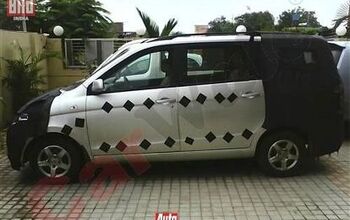

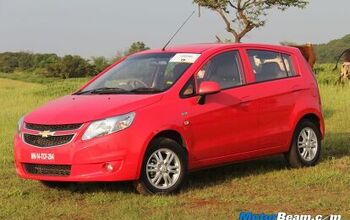
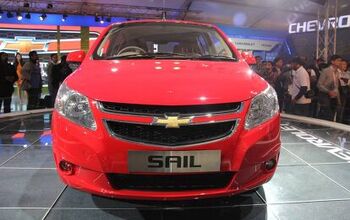






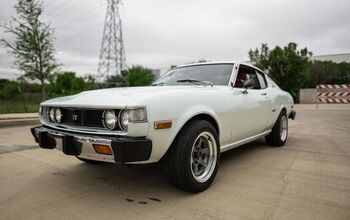
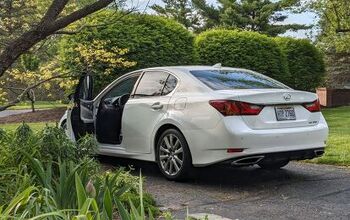



Comments
Join the conversation
i suppose the fire did scared the tata out of the nano, wonder how're they going to fix it?
Ha! That bus reminded me of some of the civilian buses on Okinawa I rode on 40 years ago! Wooden plank floors full of holes (no kidding!), people bringing animals on board, someone's kid barfing all over my sleeve, no A/C and everything else. The ride only cost a dime though, so that was something.